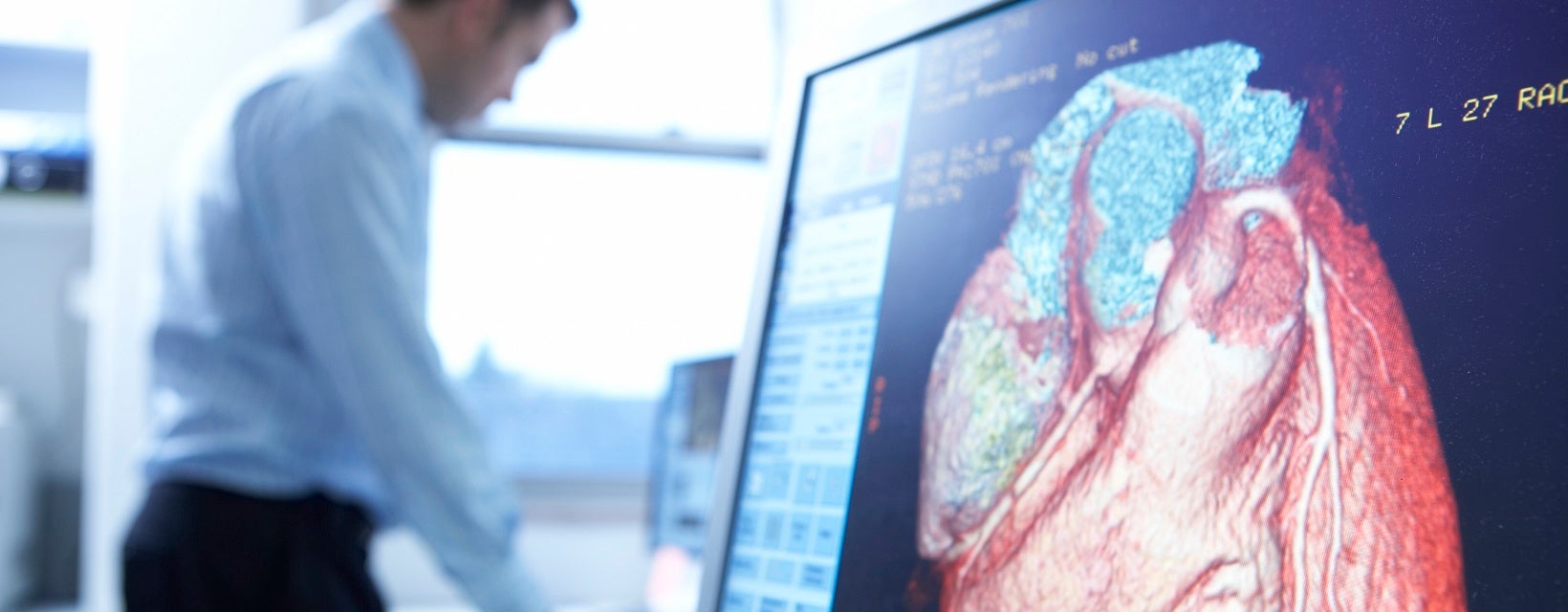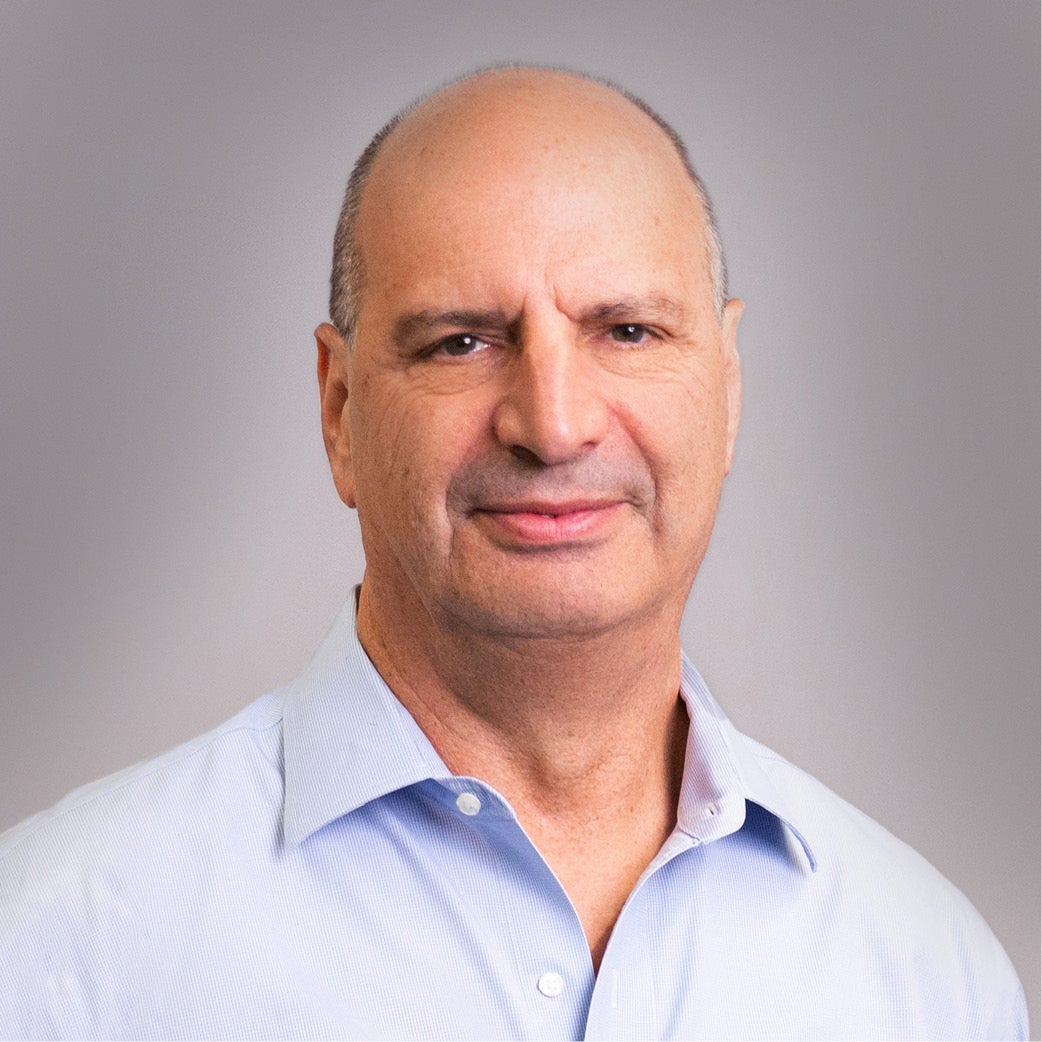
CT Coronary Angiography (CTCA)
CT Coronary Angiography (CTCA)

What is CT Coronary Angiography?
Angiography refers to the x-ray imaging of blood vessels using contrast agents injected into the bloodstream. Therefore, CTCA uses computed tomography (CT) scanning to take pictures or images (angiograms) of the coronary arteries of the heart. These arteries supply blood to the heart muscle, and disease of these vessels (atherosclerosis) is responsible for most heart attacks.
How much will my examination cost?
Fees for radiology tests can vary and depend on a number of factors. Please make an enquiry with us by phone or email to get a quote for the service you require. ACC co-payments may apply.
We accept all radiology referral forms.
Waikato
Phone: 0800 426 723
Email: Booking.Waikato@i-med.co.nz
Rotorua
Phone: 0800 466 5642
Email: Booking.Rotorua@i-med.co.nz
Bay of Plenty
Phone: 07 544 5993
Email: Booking.bop@i-med.co.nz
Taranaki
Phone: 06 759 4317
Email: Booking.Taranaki@i-med.co.nz
Why would my doctor refer me for CT coronary angiography? keyboard_arrow_down
Your doctor may refer you for a CTCA to determine if you have narrowing of the coronary arteries, which could be causing the symptoms you’re experiencing.
What should I expect prior to the procedure? keyboard_arrow_down
You will be asked lots of questions!
Our booking and imaging staff will ask you questions about your health, and you will have a medical questionnaire to fill in before the scan. This information is needed to make sure you get the appropriate preparation for the scan, and help the Radiologist to correctly analyse the results. This information is subject to our strict confidentiality procedures and protected under the privacy regulations.
As CT images are clearer if your heart rate is low, you may be given medications before the test to slow down your heart rate. It is advisable that you do not have any tea (including herbal teas), coffee, cola, chocolate or other stimulants before the procedure as these contain caffeine, which can raise your heart rate. It is not necessary to go without food or drink before the procedure, but a full stomach is not advisable, as this together with the contrast agent might make you feel nauseated.
It is important that you advise our staff when you make your appointment if you have asthma, diabetes, any kidney problems, irregular heart rhythm, have in the past had an allergy to contrast agents used in a radiology procedure or have a strong history of allergy to other things (like foods, pollens or dust).
What happens during a CT Cardiac Angiogram? keyboard_arrow_down
When you arrive for your scan, our nurse will get you changed into an examination gown and take your pulse/blood pressure and an intravenous line will need to be placed in your right arm.
They will go over your medical questionnaire and explain what will happen during the scan. This is a good opportunity to ask questions if you have any.
You will walk through to the CT room and lie on the scanner couch. Three ECG leads will be placed on your chest (yes, if necessary, you will have to be shaved a little).
You will move through the scanner five times; four planning runs and a final angiogram. The Radiographer will be with you between the scans, the whole scanning process is usually finished in 10 minutes.
Do I have an injection? keyboard_arrow_down
You will be given an intravenous injection of contrast medium. This will provide the Radiologist extra information about the smaller structures of the heart. A consent form will be given to you prior to the examination.
How long does it take? keyboard_arrow_down
The actual CT scan will be completed within 30 minutes, although attendance may take up to 2 hours.
What happens after the test? keyboard_arrow_down
When you are finished you can get dressed and go. If you have taken a beta blocker you should refrain from any strenuous exercise for the next 24 hours, otherwise you should be fine to carry on your usual activities.
When will the results be available? keyboard_arrow_down
Results of your CTCA are not available on the day of your examination. The scan data needs to be interpreted by the Radiologist (a special Doctor trained in imaging techniques) and a written report will be sent to the doctor that referred you.
All questions regarding your results should be directed to your Doctor.
Related procedures

This information has been reviewed & approved by Dr Ronald Shnier (I-MED Chief Medical Officer).
Related procedures

This information has been reviewed & approved by Dr Ronald Shnier (I-MED Chief Medical Officer).
How much will my examination cost?
Fees for radiology tests can vary and depend on a number of factors. Please make an enquiry with us by phone or email to get a quote for the service you require. ACC co-payments may apply.
We accept all radiology referral forms.
Waikato
Phone: 0800 426 723
Email: Booking.Waikato@i-med.co.nz
Rotorua
Phone: 0800 466 5642
Email: Booking.Rotorua@i-med.co.nz
Bay of Plenty
Phone: 07 544 5993
Email: Booking.bop@i-med.co.nz
Taranaki
Phone: 06 759 4317
Email: Booking.Taranaki@i-med.co.nz
